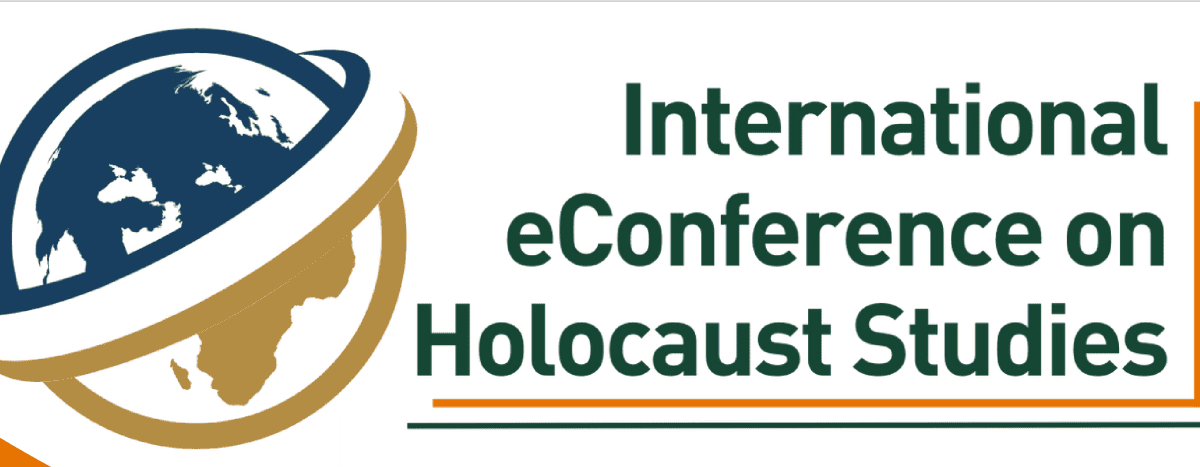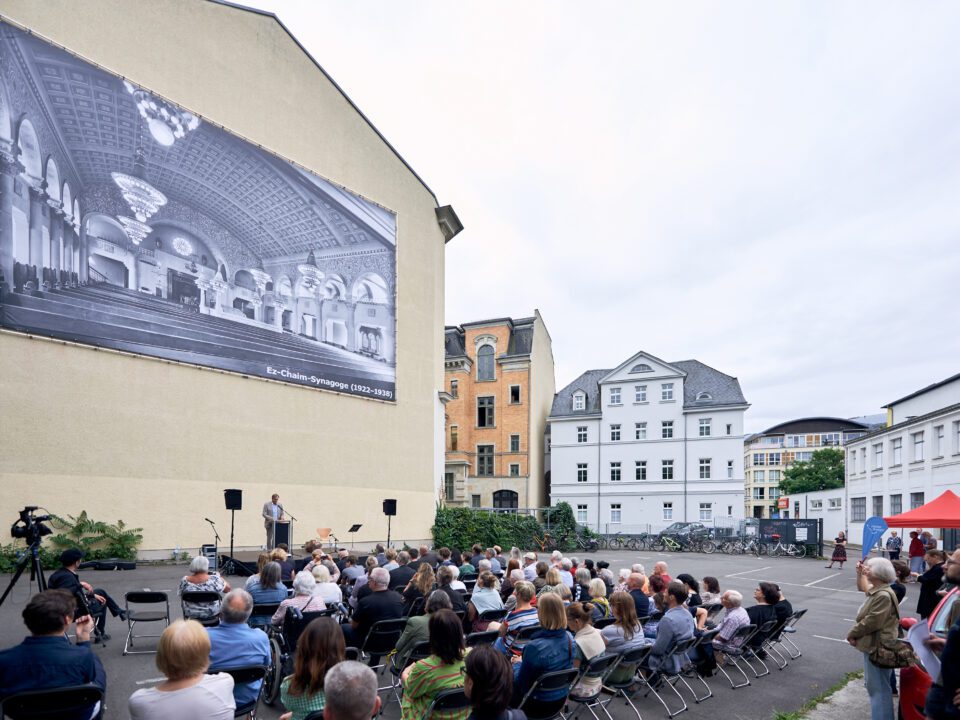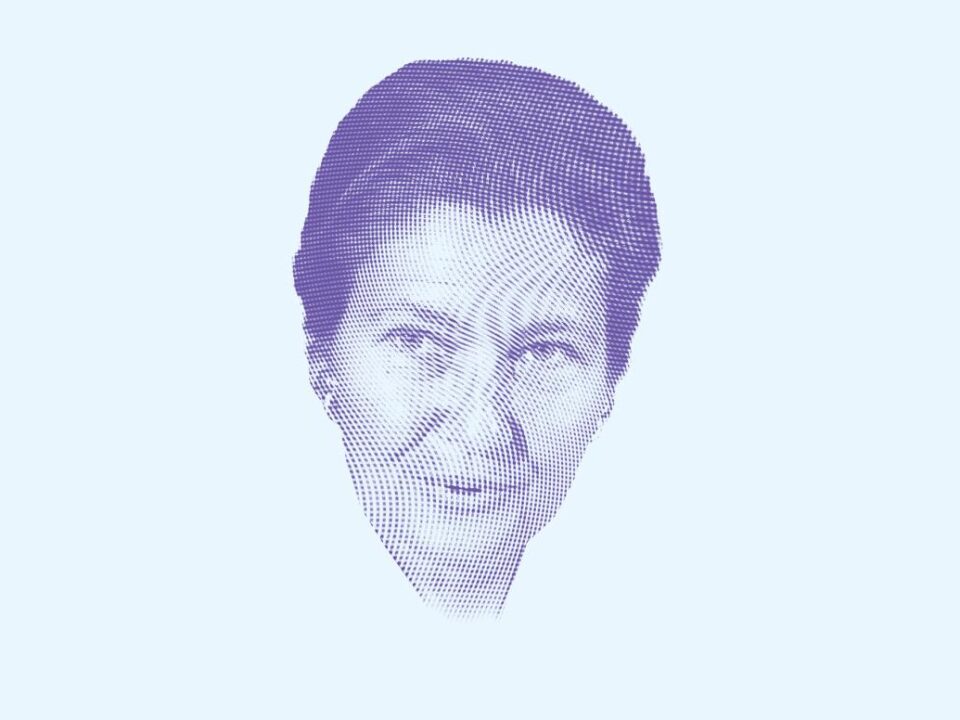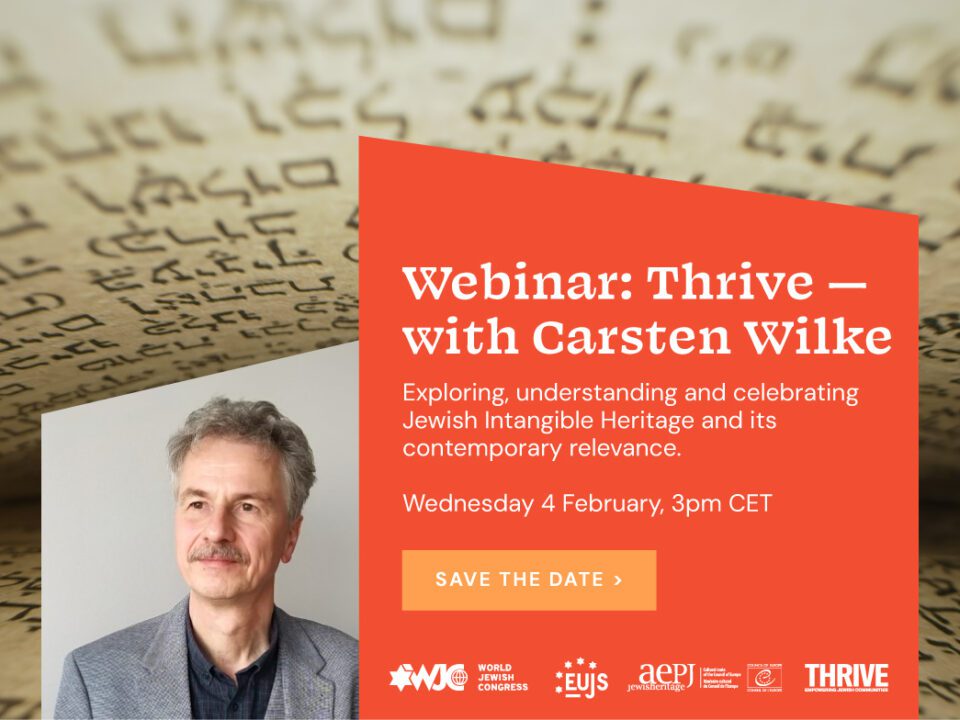Memory as a Force for the Future


AEPJ Director Victor Sorenssen and Scientific Advisor Luca Baraldi recently took part in the 2024 International eConference on Holocaust Studies, organized by the Global Center for Religious Research and the Ackerman Center for Holocaust Studies. The event brought together scholars, educators, and cultural leaders to discuss the evolving role of Holocaust memory in shaping public opinion, countering disinformation, and strengthening social resilience. In a time of increasing polarization and the gradual disappearance of Holocaust witnesses, the need to rethink the way we preserve and transmit memory has never been more urgent.
Traditional approaches have focused on remembrance as a duty, emphasizing loss and moral imperatives. While essential, this approach risks limiting memory’s potential as a tool for action and innovation. Instead, there is a need for what has been called “proactive memory”, one that fosters resilience, creativity, and engagement, helping societies respond to contemporary challenges such as antisemitism, institutional distrust, and cultural fragmentation. Rather than simply recalling past tragedies, this perspective seeks to embed historical lessons into strategies for inclusion and social cohesion.
New methodologies are key to keeping Holocaust memory relevant and impactful. One of the most promising approaches explored during the conference was “scenario design,” a method developed within the NOA (Networks Overcoming Antisemitism) project, in which AEPJ collaborates with CEJI, the World Jewish Congress, and the European Union of Jewish Students. This approach allows for a forward-looking analysis of memory, identifying best and worst practices to understand their broader implications. By developing personas—fictional but research-based archetypes—it fosters empathy and strategic thinking, encouraging participants to immerse themselves in historical narratives in a way that makes memory more tangible and actionable.
Looking at the future of Jewish life in Europe, several key areas emerge as essential. Education must go beyond traditional teaching methods, incorporating digital tools and interactive media to engage younger generations. Urban planning plays a crucial role in integrating Jewish historical sites into the public sphere, ensuring they remain visible and accessible. The digital world offers unprecedented opportunities to make memory more interactive and participatory. Interfaith dialogue remains essential in bridging cultural divides, fostering coexistence, and ensuring Jewish heritage is understood as an integral part of Europe’s diverse history.
Holocaust memory must evolve beyond commemoration into a living force that shapes contemporary society. With the loss of direct witnesses, traditional archives alone will not suffice we must embrace immersive, participatory storytelling to ensure history remains relevant. Digital tools allow for the creation of dynamic spaces where cultural memory is not just preserved but continuously redefined. In an era when narratives shape public discourse, history must reclaim its role as a foundation for critical thinking and collective responsibility. Jewish thought, with its deep emphasis on remembrance and moral obligation, offers a valuable lens through which to approach these challenges. Defending memory is not just about preserving the past it is about shaping the future. If not now, when?


